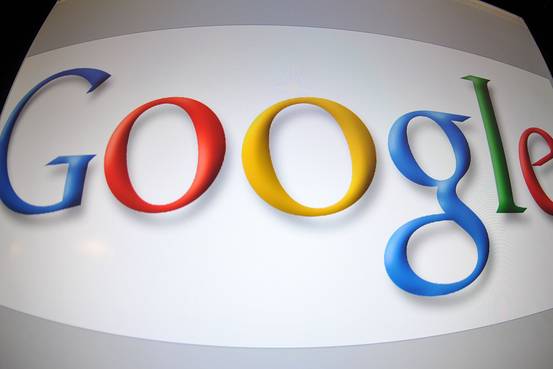Facebook ($FB) Wants to Help Sell Every Ad on the Web
Facebook [stckqut]FB[/stckqut] has set out to power all advertising across the Internet.To that end, the social network and online advertising company said Thursday it will now help marketers show ads to all users who visit websites and applications in its Audience Network ad network. Previously Facebook only showed ads to members of its social network when they visited those third-party properties.
The change is a subtle one, but it could mean Facebook will soon help to sell and place a much larger portion of the video and display ads that appear across the Internet. The change will also intensify competition with Alphabet Inc. subsidiary Google [stckqut]GOOG[/stckqut] [stckqut]GOOGL[/stckqut], which dominates the global digital-advertising market, and a wide range of other online ad specialists.
Facebook disclosed in March that about 1.65 billion people now use the site each month. According to the International Telecommunication Union, a total of 3.17 billion people used the Internet globally in 2015.
To date, Facebook has only showed ads across its Audience Network to Facebook users, targeted based on information the company has collected about its users’ tastes and behaviors. Now Facebook plans to collect information about all Internet users, through “like” buttons and other pieces of code present on Web pages across the Internet. It will then use the information it collects to target ads to non-Facebook users.
Source: Facebook Wants to Help Sell Every Ad on the Web – WSJ

